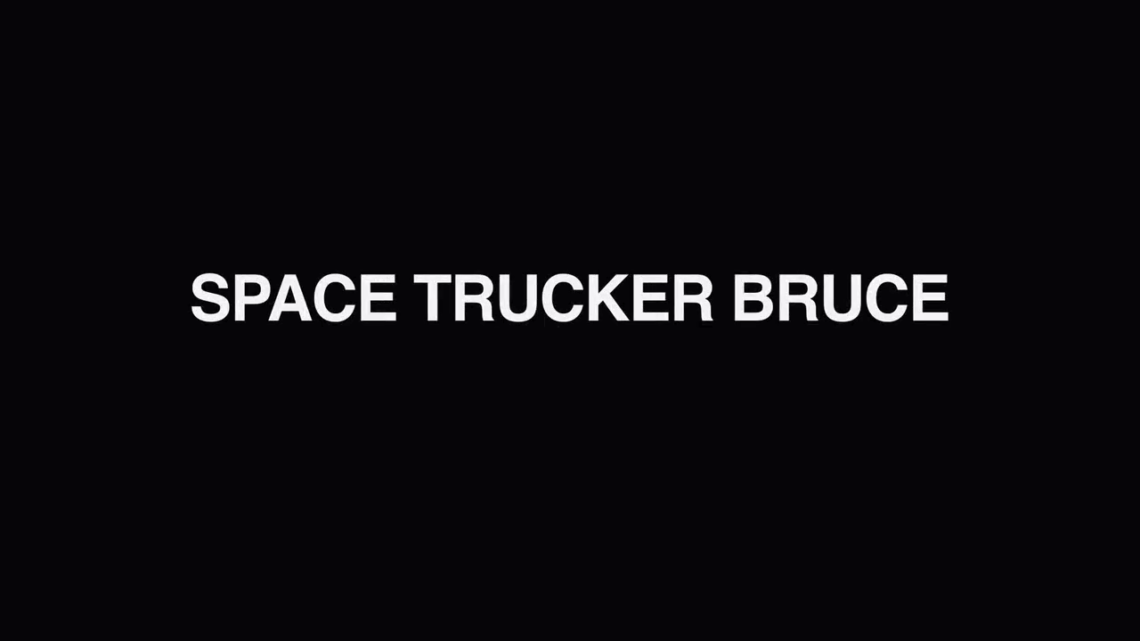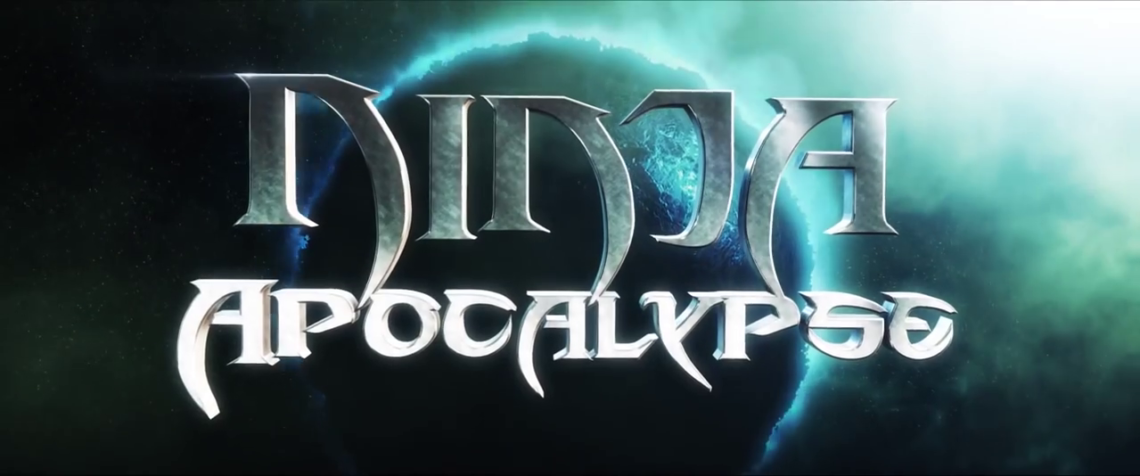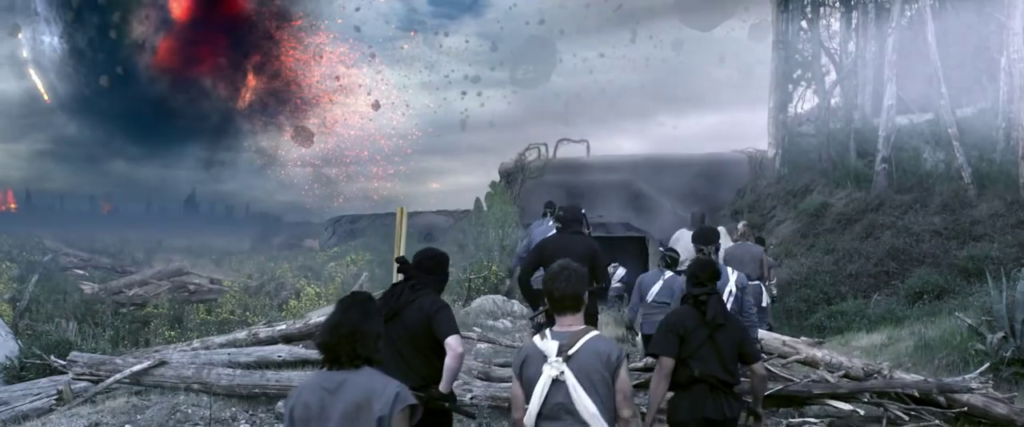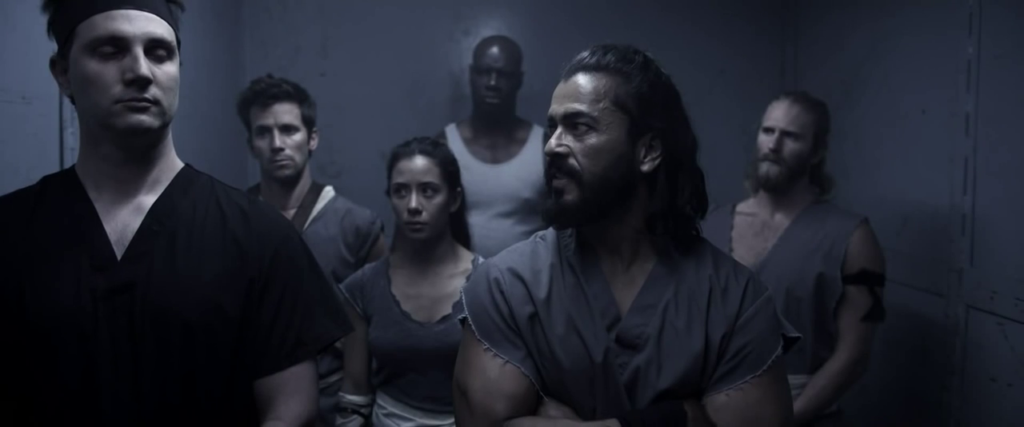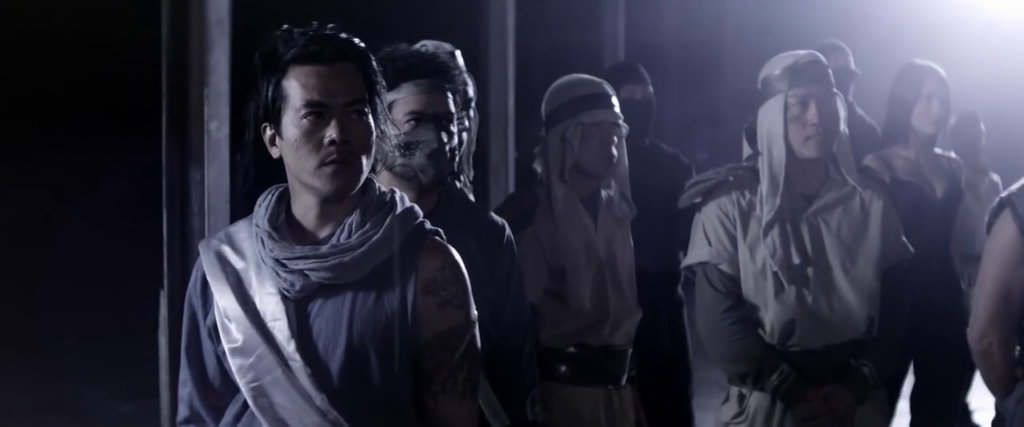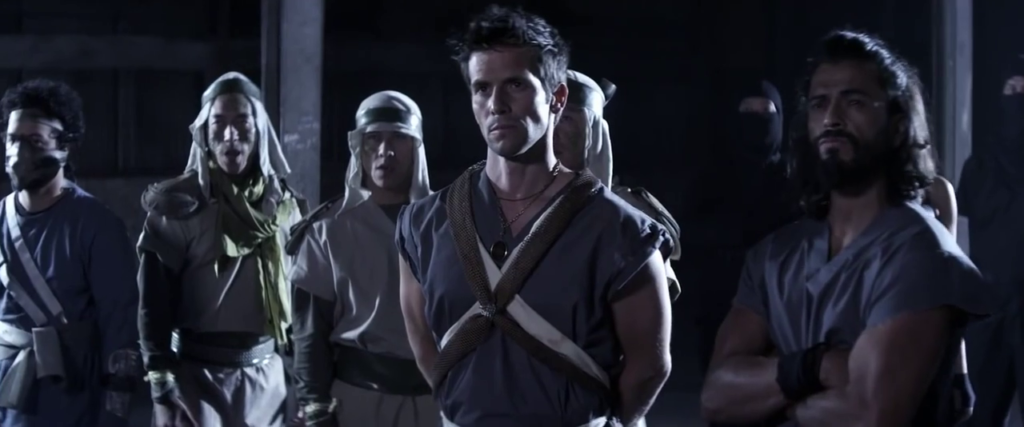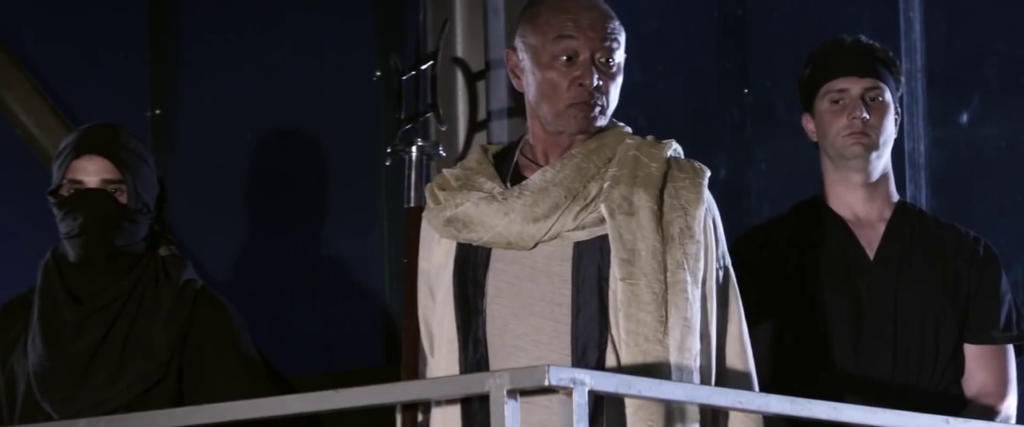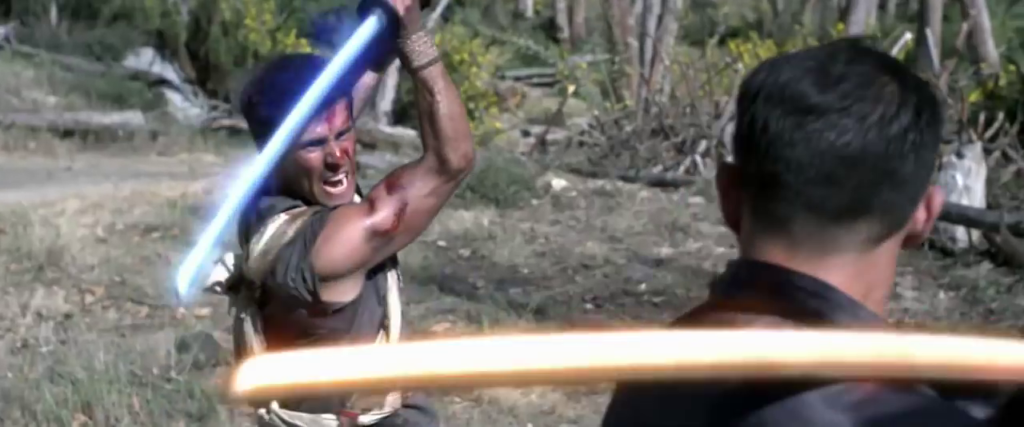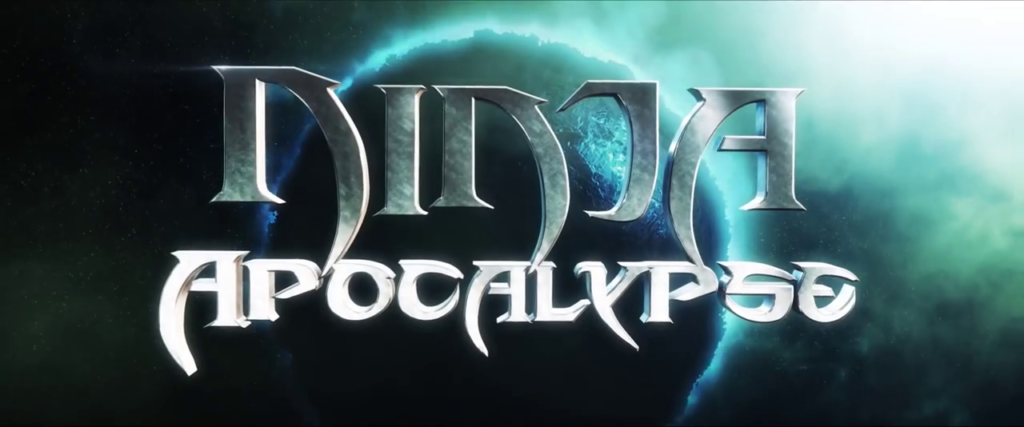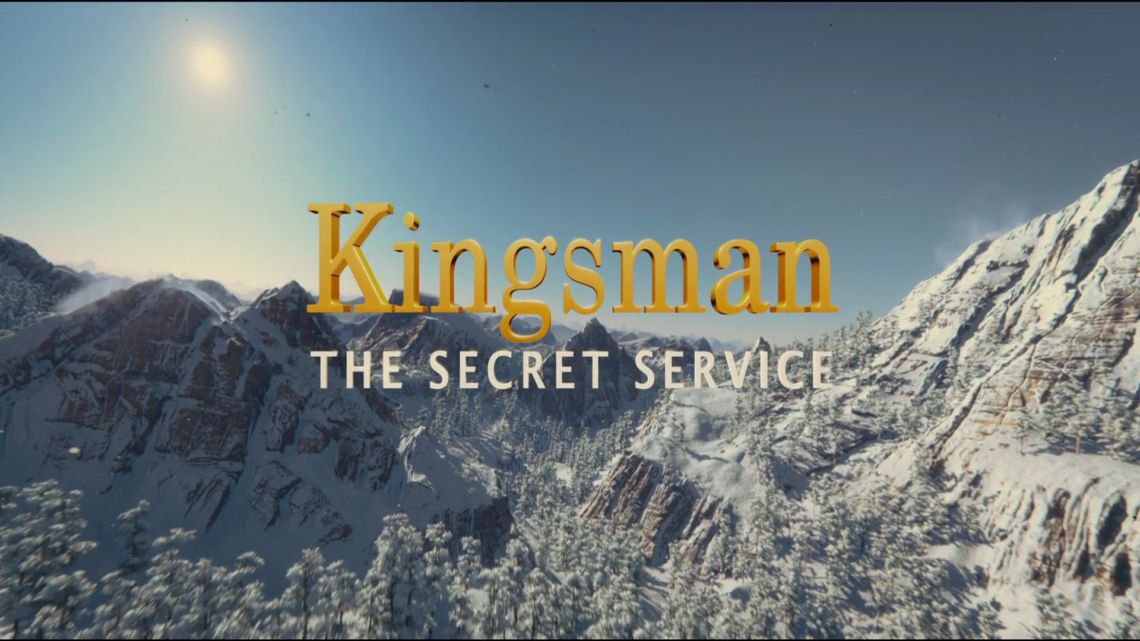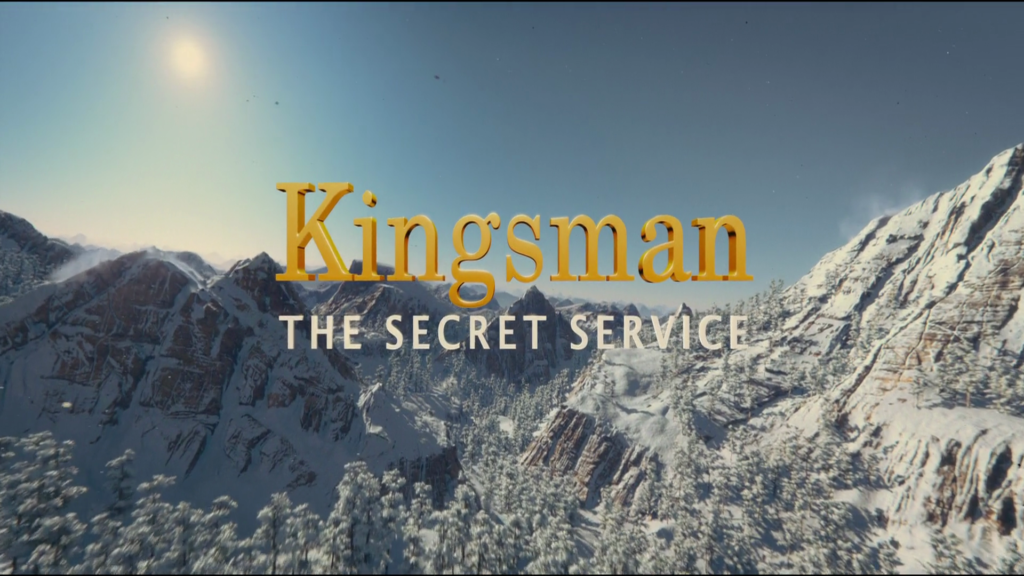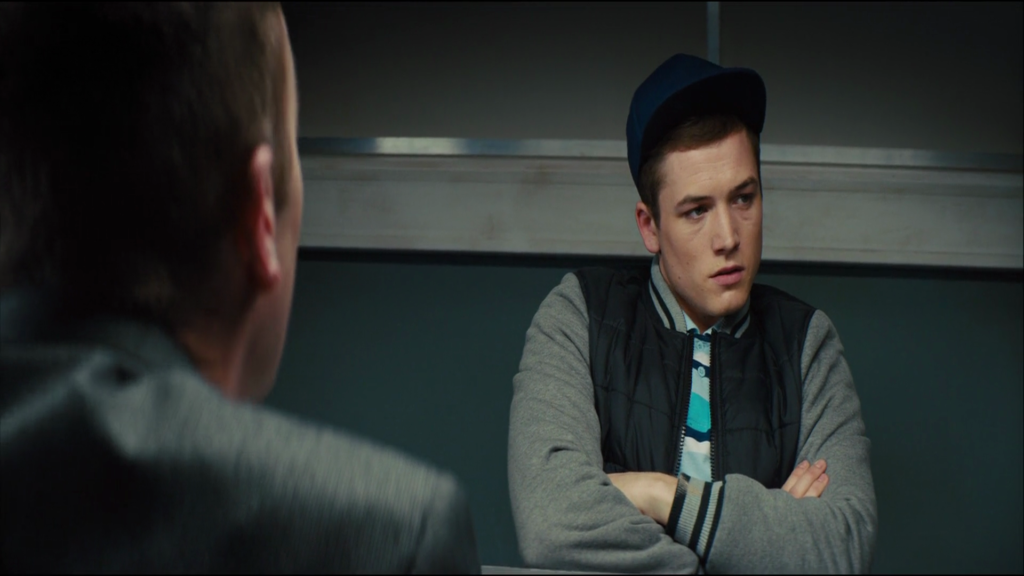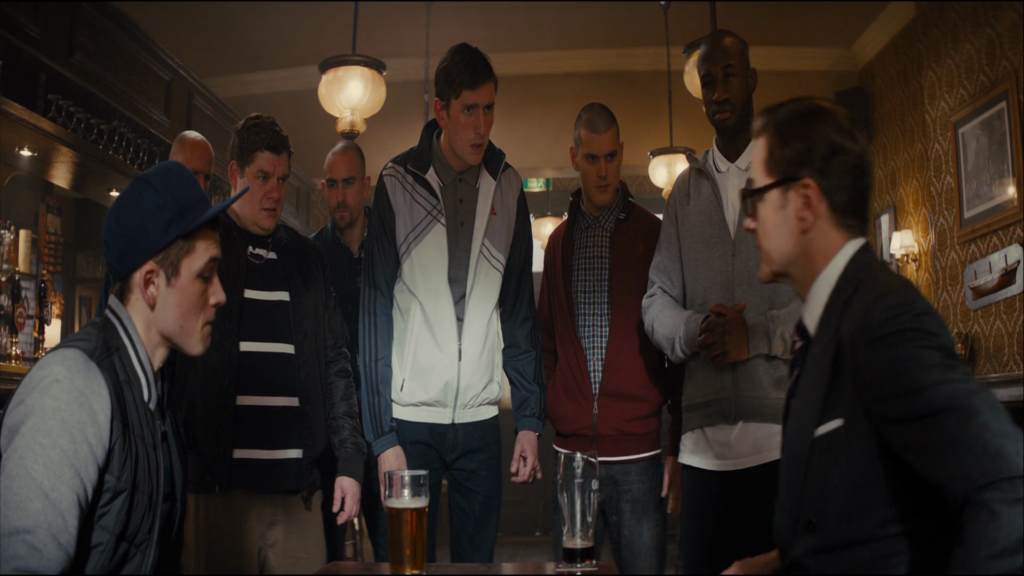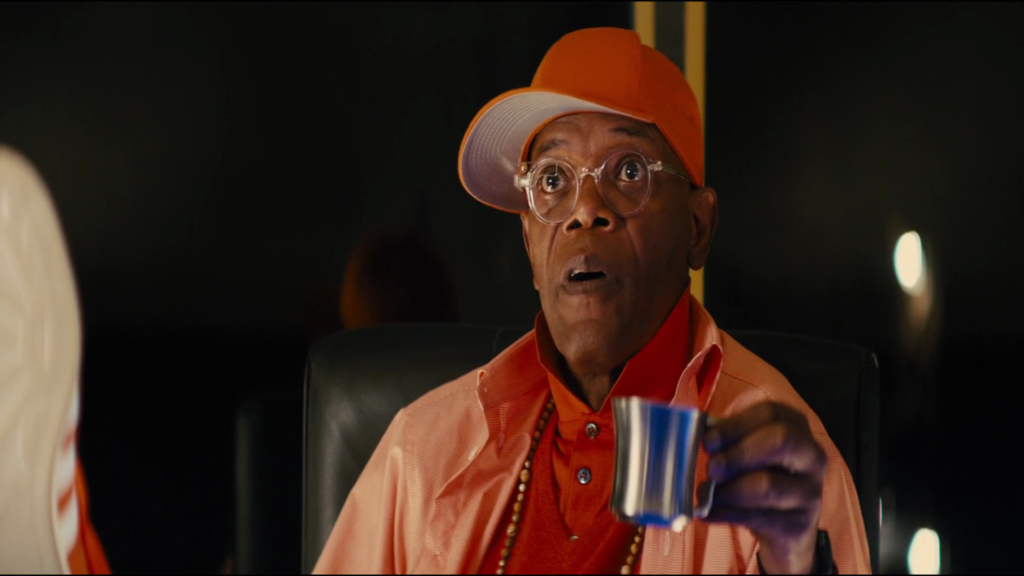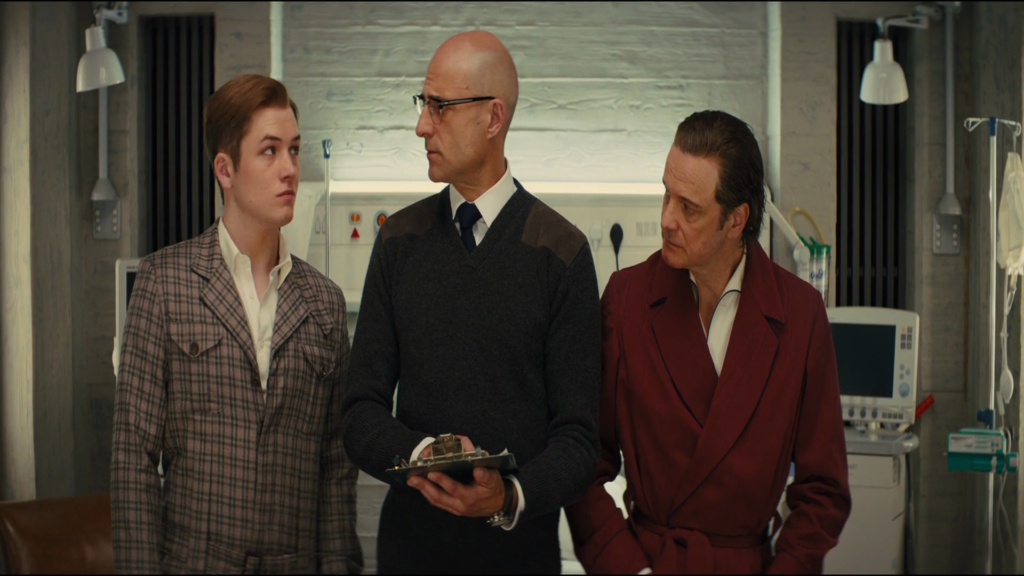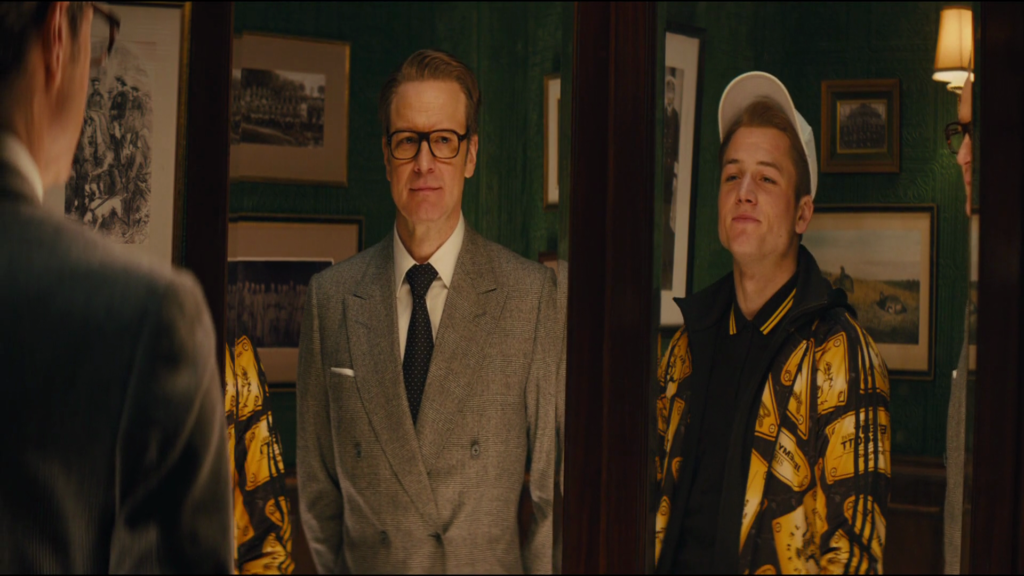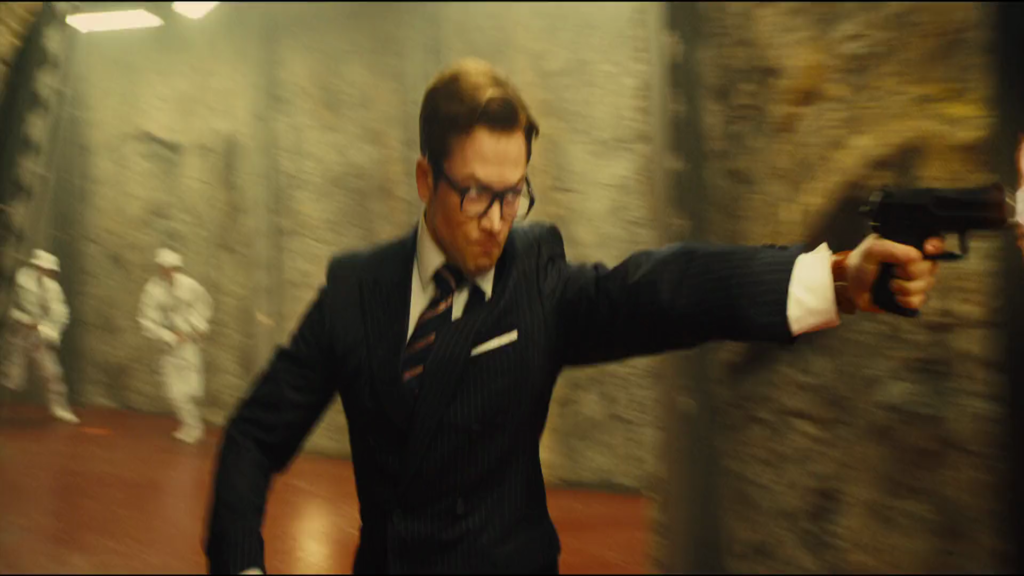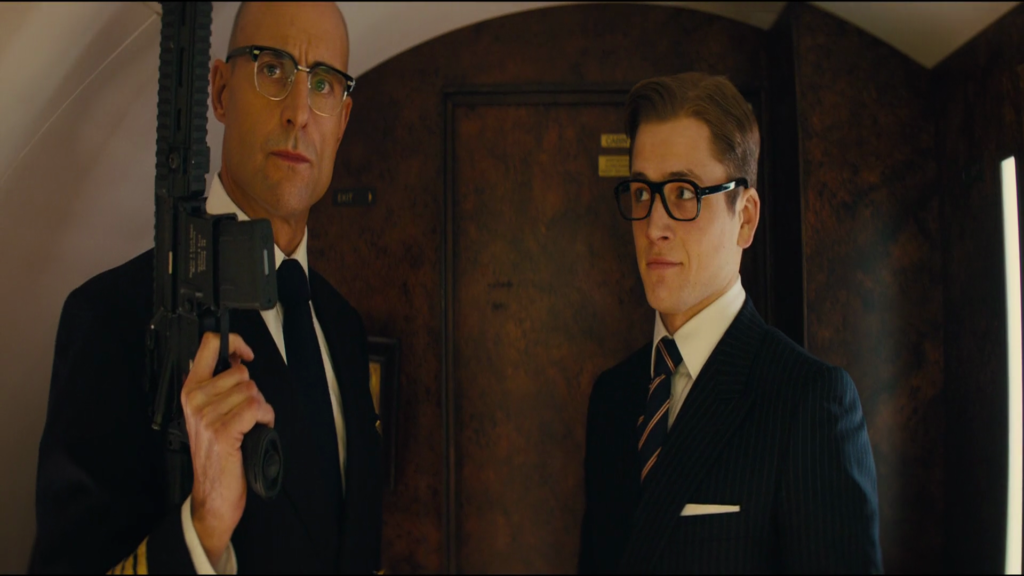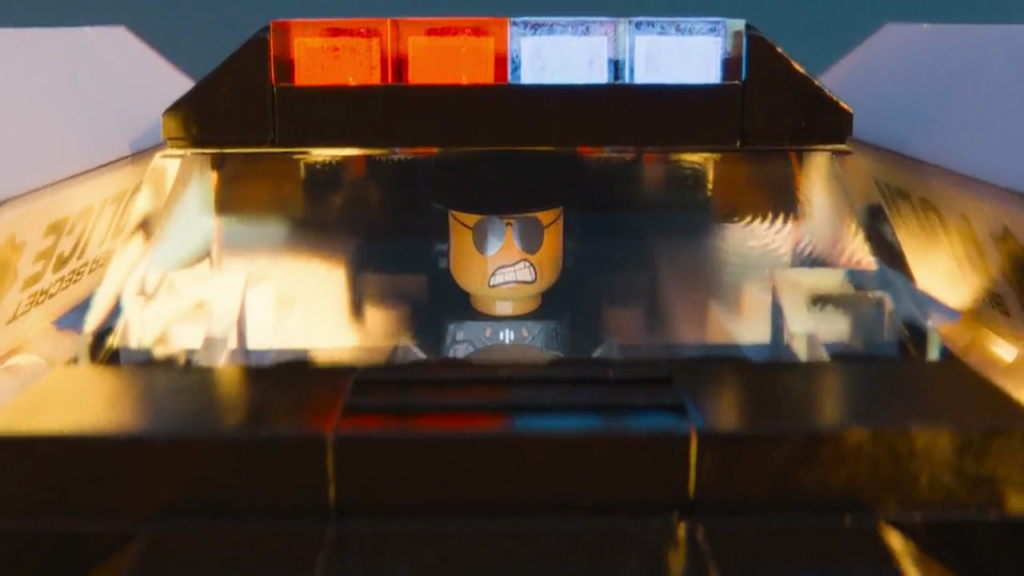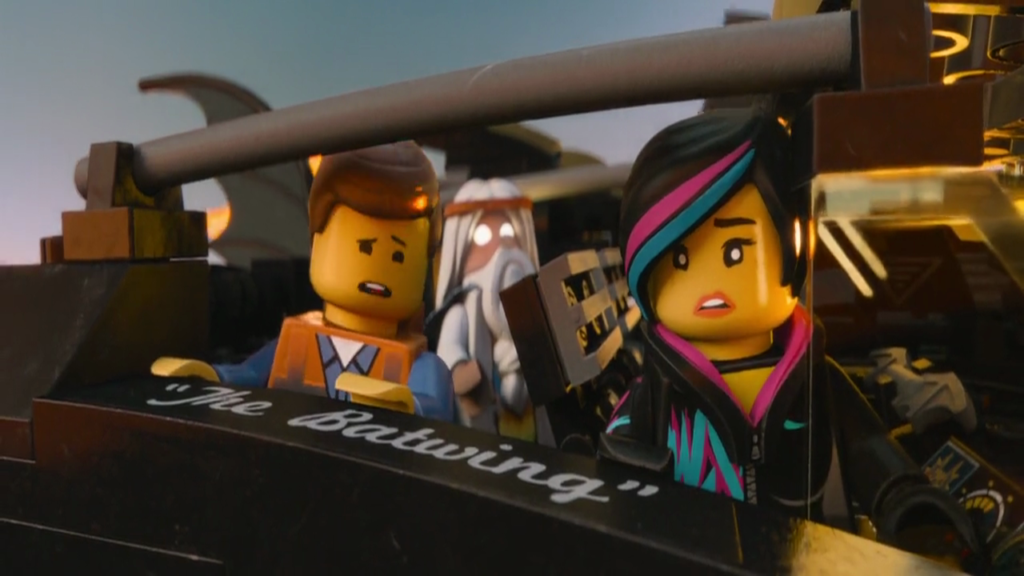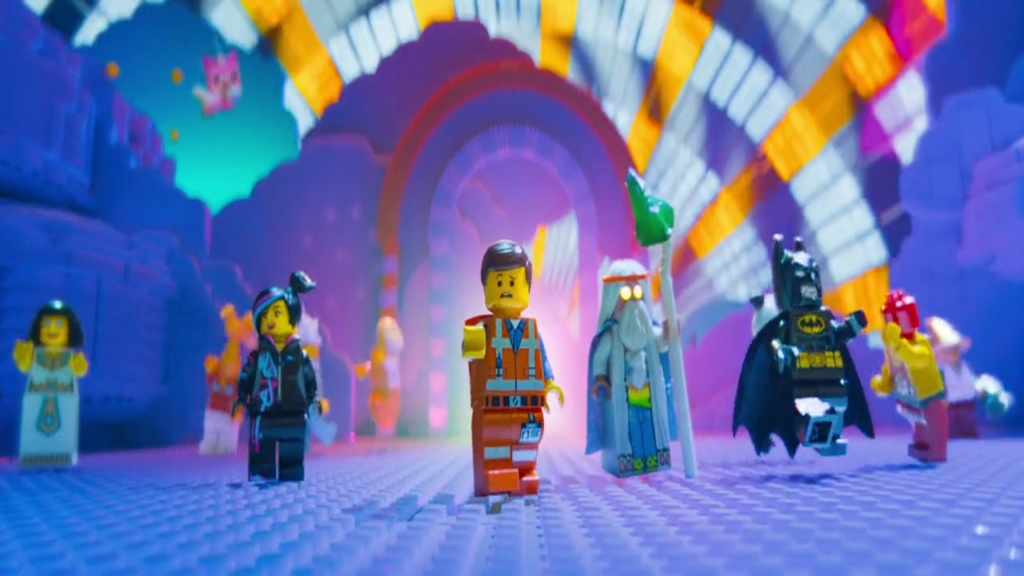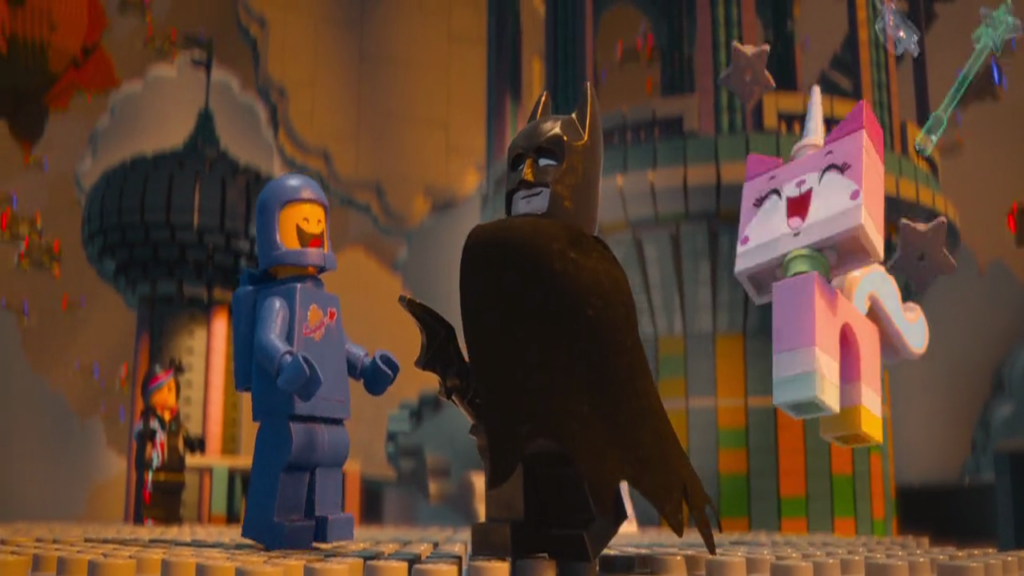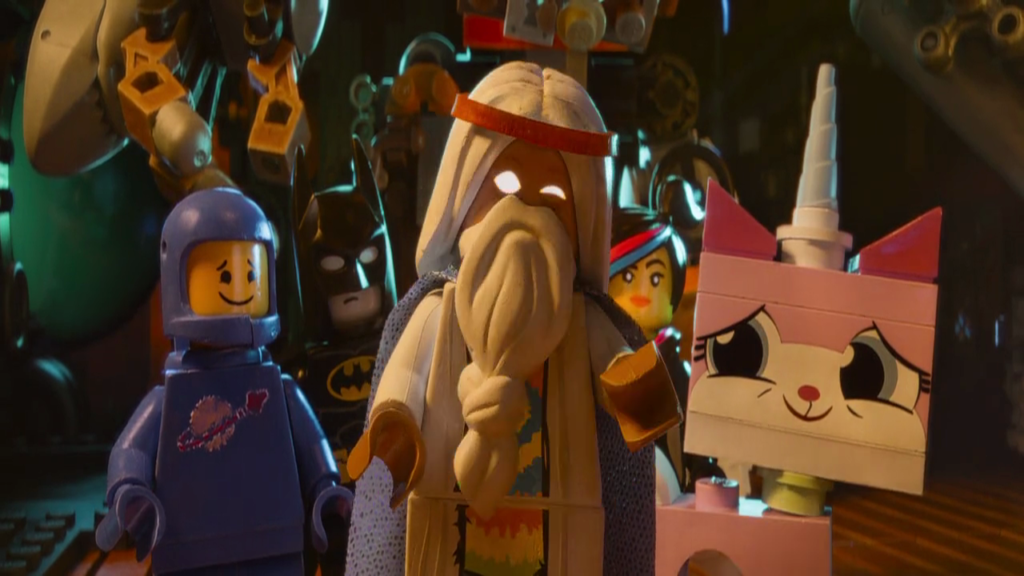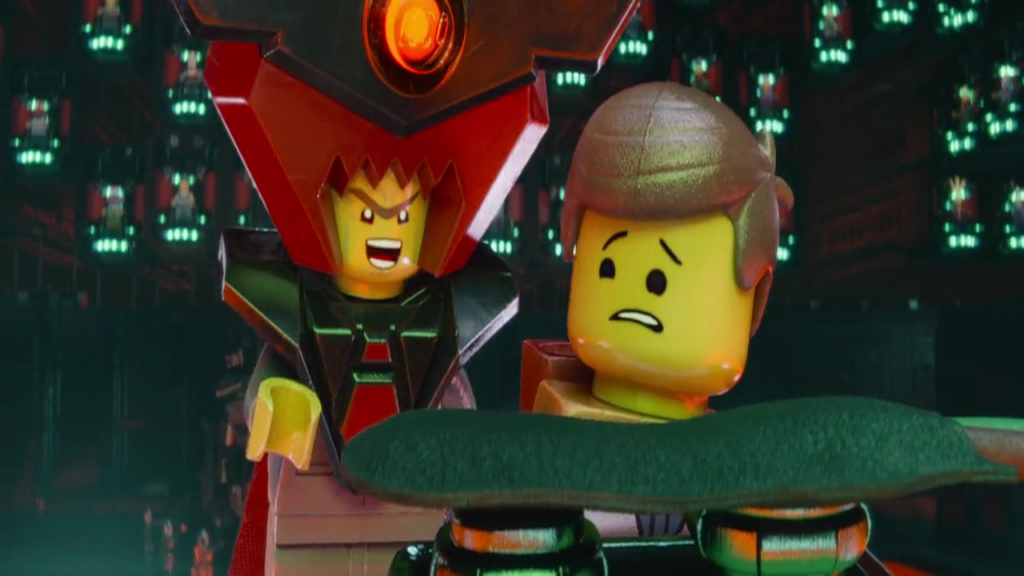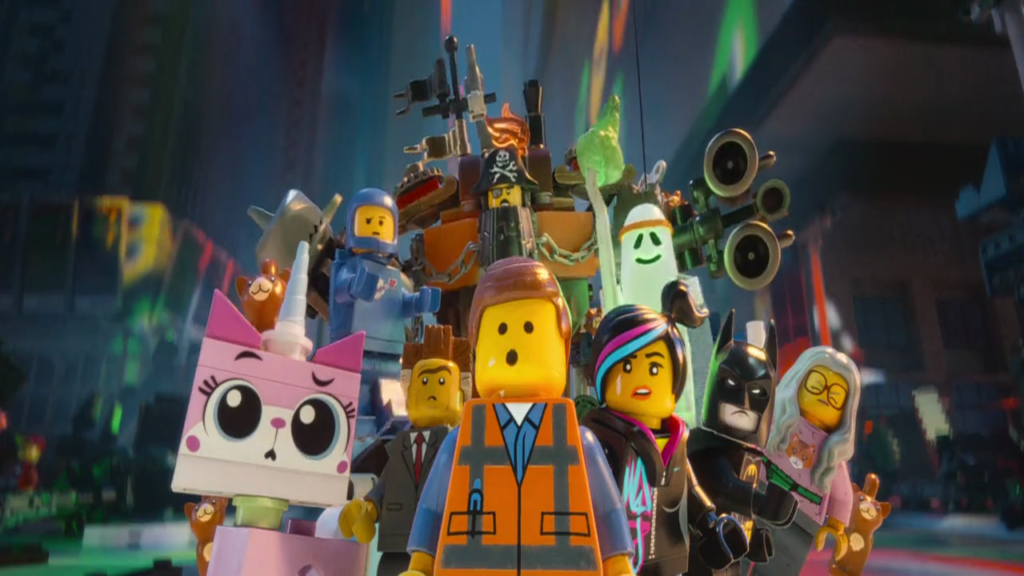-
#560 – PK (2014)
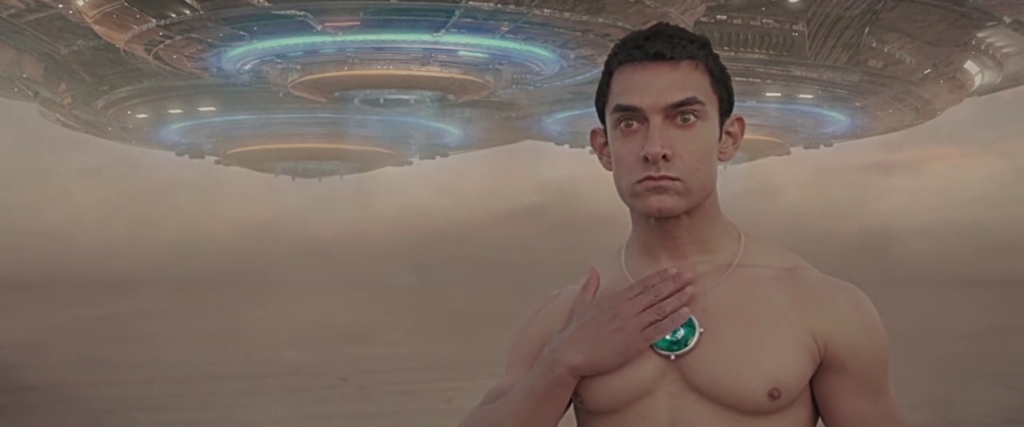

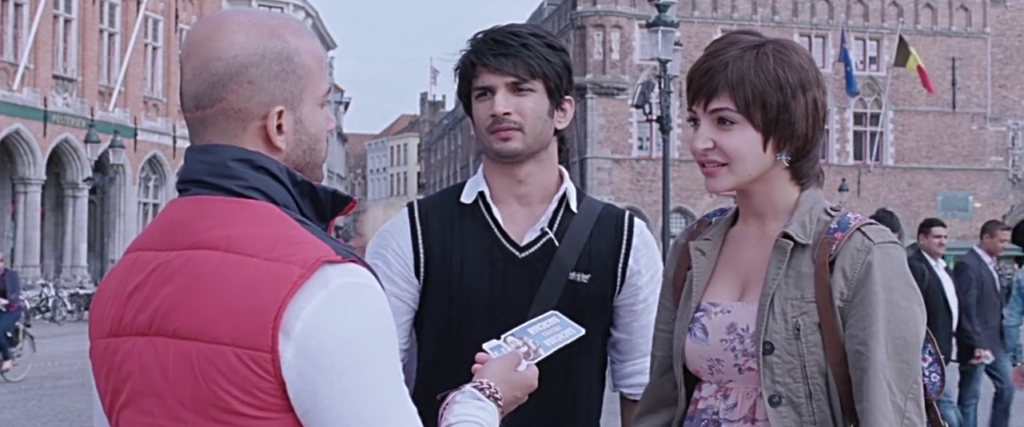
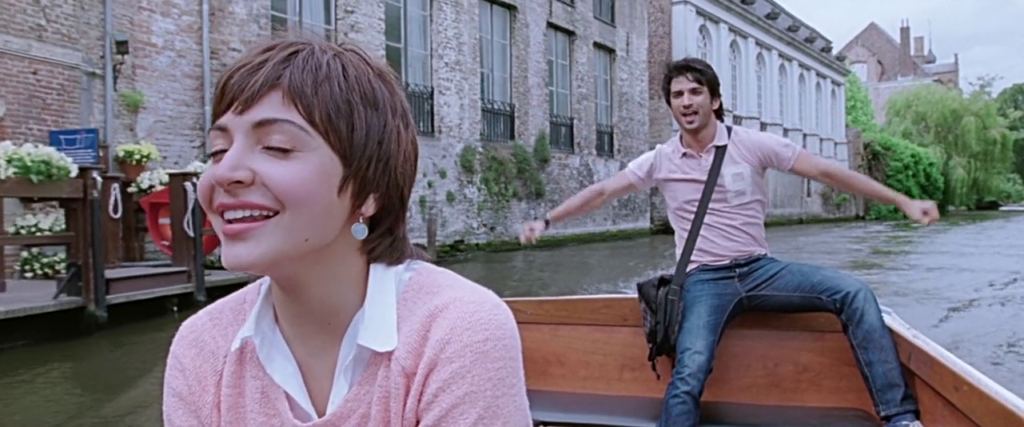
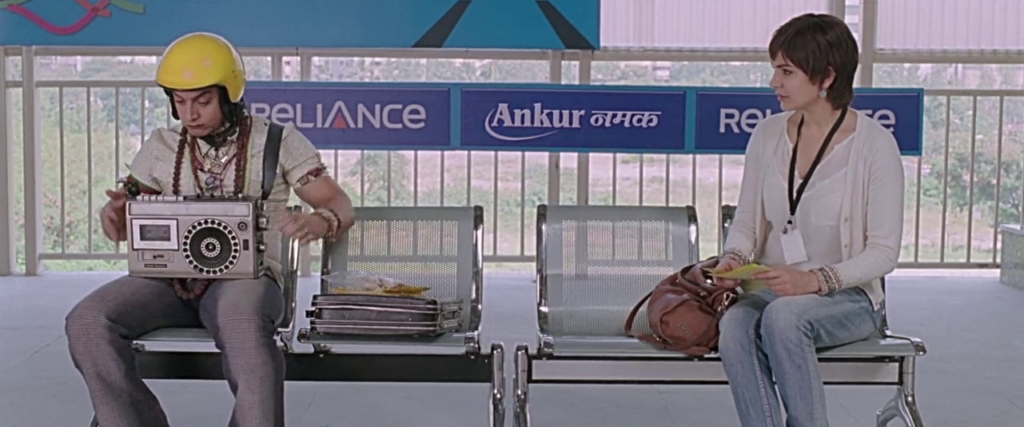
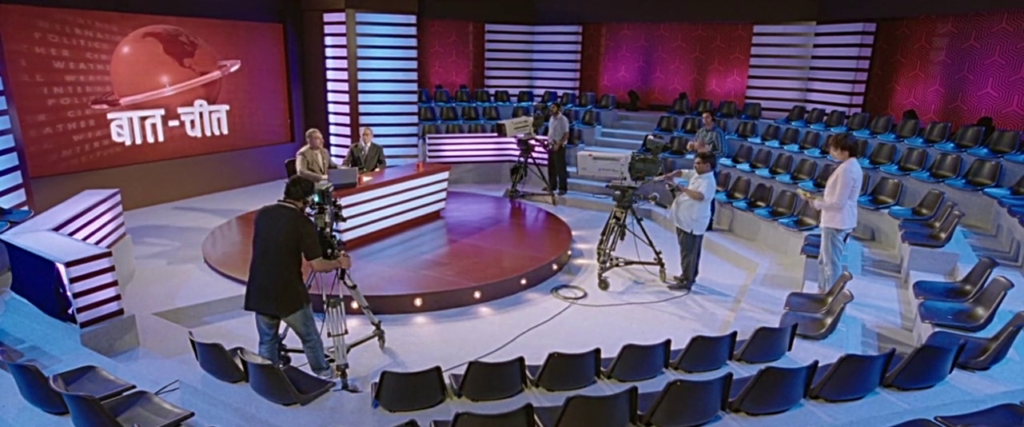
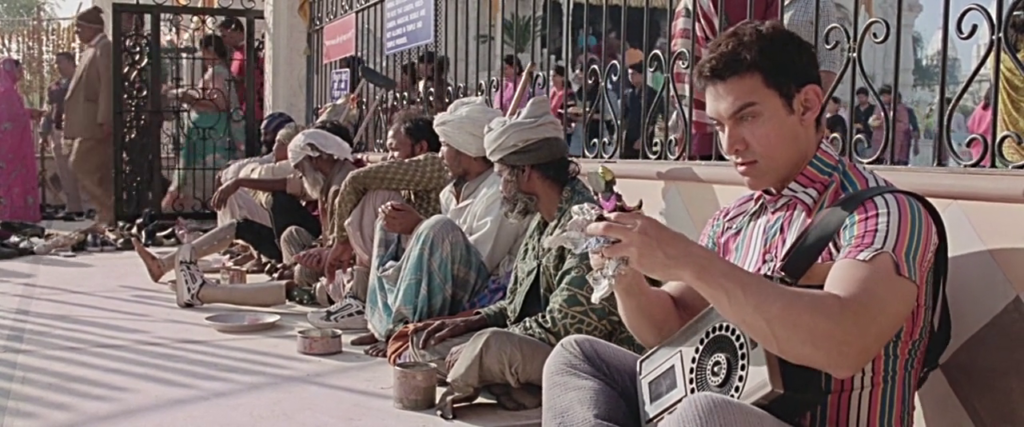
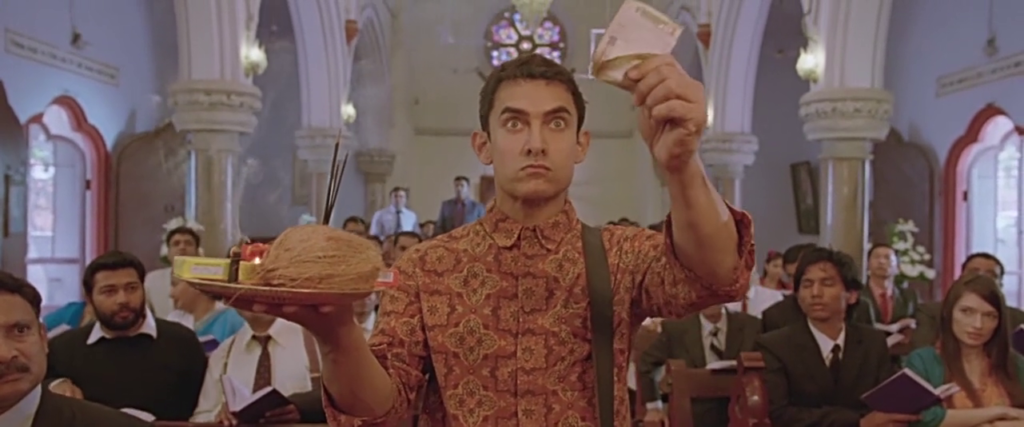
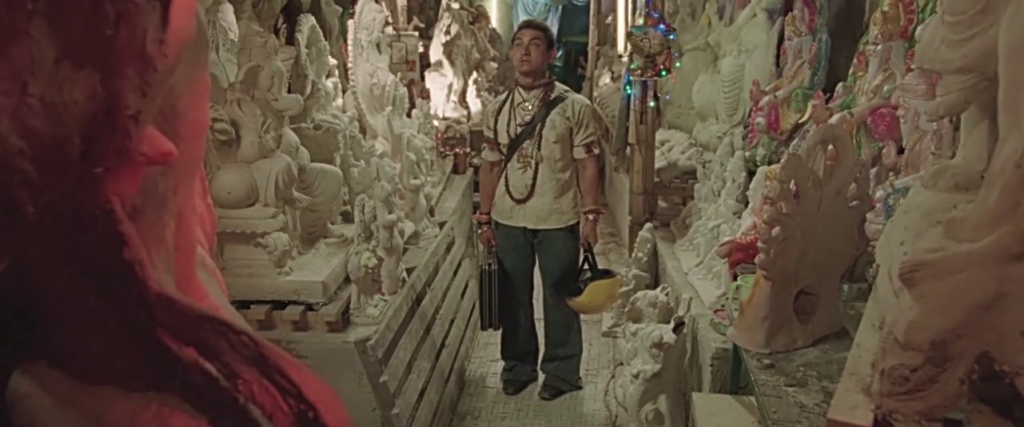
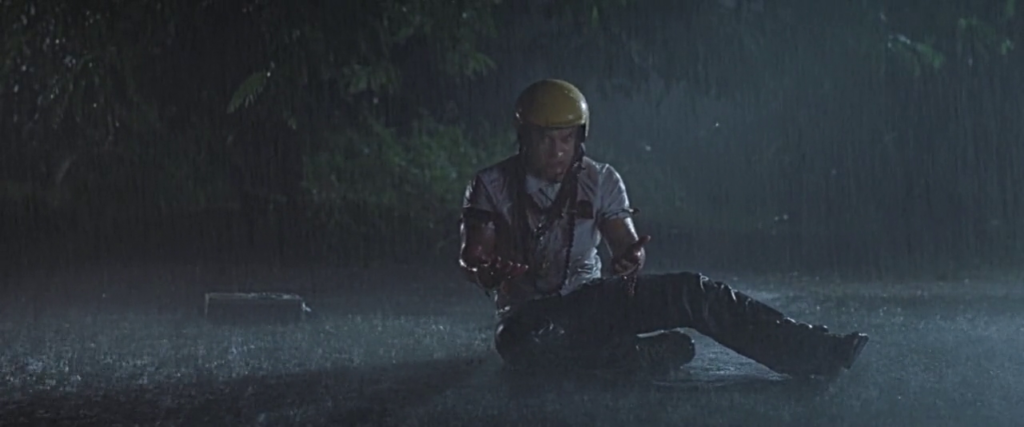
PK (2014)
Film review #560
Director: Rajkumar Hirani
SYNOPSIS: An alien arrives on Earth, and has his communicator with his spaceship stolen. Now stranded on the planet, he attempts to learn how to survive and learn the ways of the people here, but he is especially confused by the concept of religion. He meets Jaggu, a reporter who is looking for her next big story. She is intrigued by his naivety and how his simple questions challenge the conflicts between different religions, and how those that profess to know what God wants are the ones who know least about religion. Jaggu and PK show down with Tapaswi, a religious leader who has come into possession of PK’s communicator, claiming to be a religious artefact, and the pair try to expose him and get PK’s communicator back to he can return home…
THOUGHTS/ANALYSIS: PK is a 2014 Indian sci-fi film. The story primarily revolves around PK, an alien who, in the film’s opening, lands on Earth, and shortly after has his communicator with his spaceship stolen, meaning he has no way to get back home. Attempting to adjust to life on Earth, he turns to God for help, but is perpetually confused by all of the different religions and their rules. He eventually encounters Jaggu, a reporter who is looking out for a worthwhile story, and becomes interested by PK’s naïve take on the world, and how it provides genuine insight on the world from a fresh perspective. Opting to tackle the absolute minefield that is differences and conflicts between religions, PK from the outset sets itself a dangerous task, but the comedic aspect of the film never strays into being offensive or controversial, focusing on what the religions have in common, rather than their confrontations. This might seem to be a bit simplistic, but this is one of the film’s greatest strengths; it manoeuvres through it’s subject in such an expert manner that it creates an entertaining experience full of life. On top of this, the dialogue and performances are precise and genuine, and again, are professionally executed.
The film is essentially divided into two halves: the first half deals with the more comedic aspects and a very “fish out of water” situation surrounding PK being stranded on Earth. The second half switches to a more drama and serious tone, with PK trying to expose the religious preacher Tapaswi, and get back his communicator that Tapaswi is claiming to be a religious icon to his followers. Again, when the film gets serious, it still maintains it’s expert exploration of it’s subject: avoiding being controversial, but still making a significant statement and creating some intense emotional moments. Even though the film is almost split down the middle, the change of tone doesn’t feel artificial, and feels like it moves on just when it needs to. If I were to find a fault in the plot, I would say the forced romance element that shows up at the final part of the film and about “letting go” just didn’t really need to be there, but even then, it is handled so well in terms of dialogue and acting, and producing a emotional reaction that it doesn’t really matter that it wasn’t really necessary, because it still produces something worthwhile.
The cast work so well in their roles, and although they are roles you are probably familiar with, such as PK being a clueless alien adjusting to life on Earth, they are still brought to life vibrantly, as mentioned, through stellar acting and sharp dialogue, and in the end it feels like you come out of it with a well rounded experience that never hits a lull. Despite having a few bumps in the story with a few elements that it could have done without, I think it is necessary to give PK high praise as a film: it is lots of fun, but also very heartfelt, alongside making a powerful statement without being mired in controversy. The film deserves the praise it received, and in particular, the absolutely solid script and dialogue, enhanced further with a host of strong performances. Not quite perfect, but deserving of it’s huge success.
-
#504 – Space Trucker Bruce (2014)
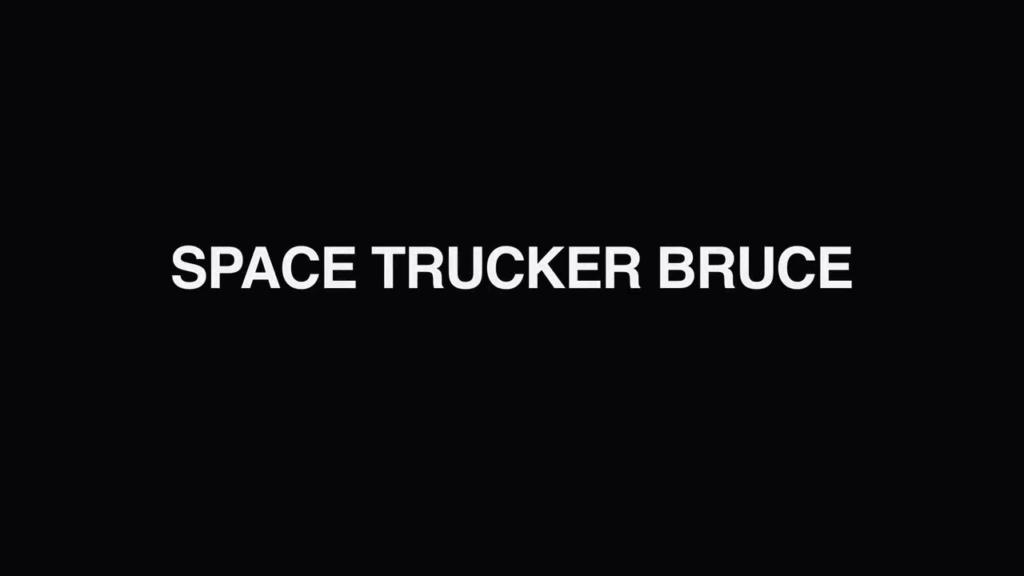
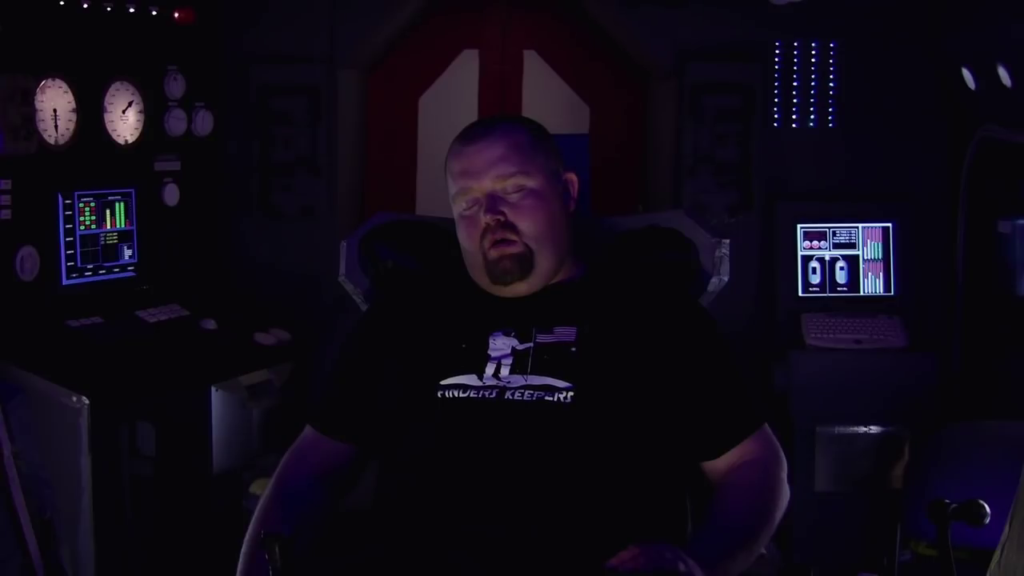
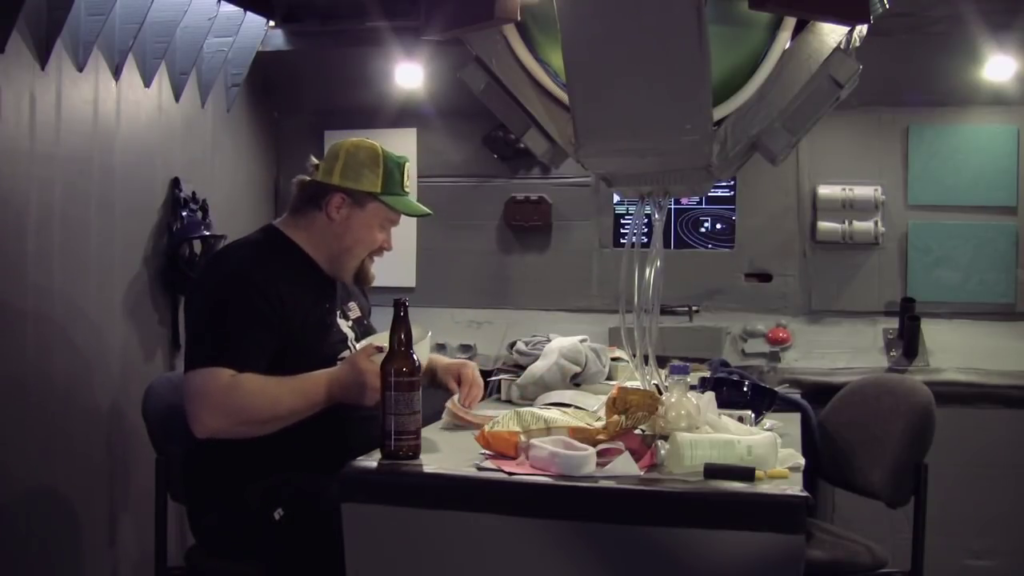
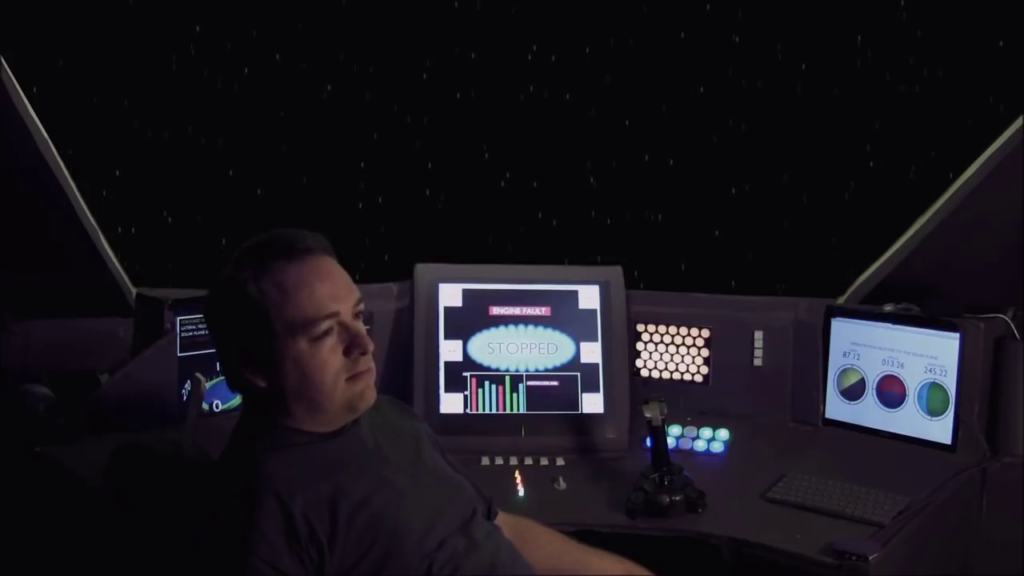
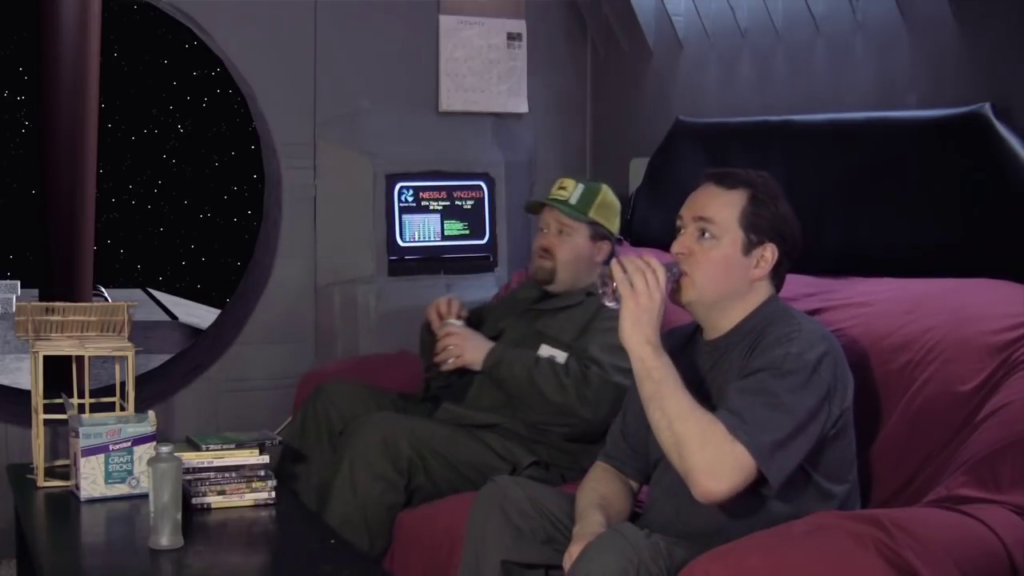
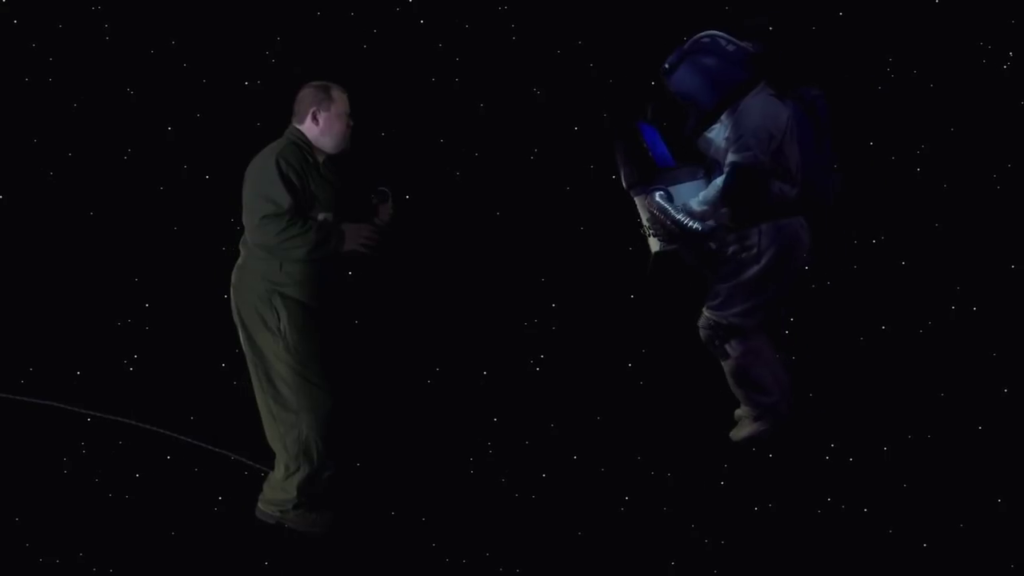


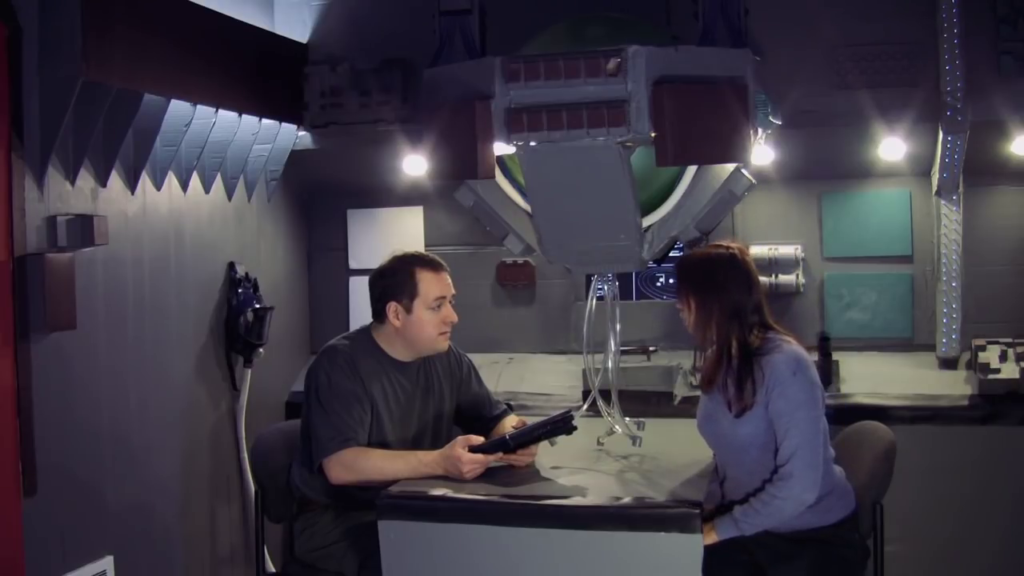
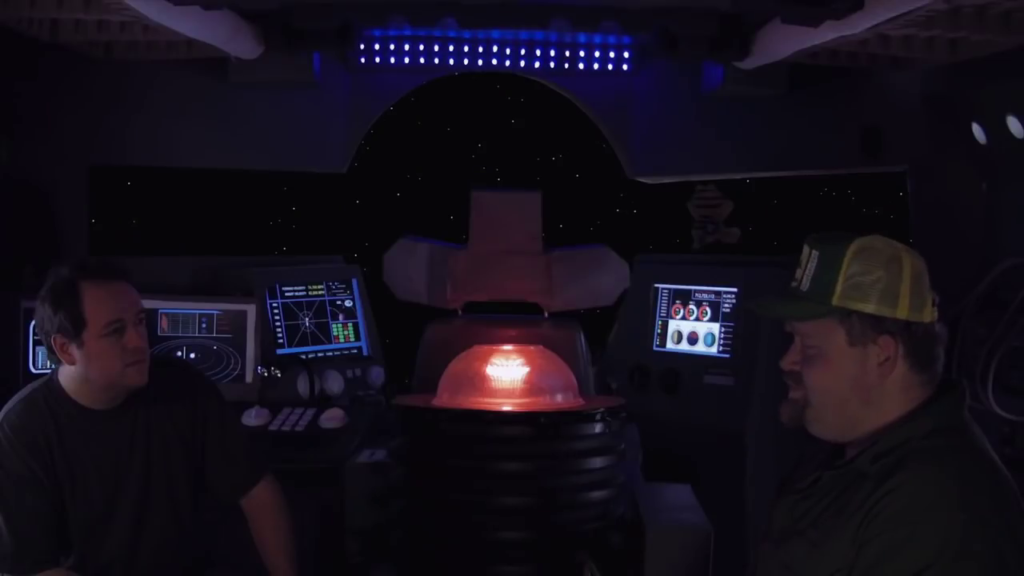
Space Trucker Bruce (2014)
Film review #504
Director: Anton Doiron
SYNOPSIS: Bruce is a trucker who is hauling hog fat from earth to Titan Station near Saturn. Along the way, he picks up a hitchhiker named max, who is introduced to the trucker lifestyle.
THOUGHTS/ANALYSIS: Space Trucker Bruce is a 2014 science-fiction film. Set in the future where humans have colonised the solar system, we see a trucker (presumably Bruce) hauling twenty thousand tons of hog fat to Titan station in his spaceship (space…truck?). Interestingly, this is also the same opening premise of the 1996 film Space Truckers, although there is no formal connection between the two. Along the way, he picks up a “hitchhiker” named Max, whose ship is stranded. Both being a long way from civilisation, the two learn to live together as Bruce continues on his trucking journey. Along the way, the plot focuses on revealing the philosophy of the trucker lifestyle as Bruce imparts his wisdom to Max about life on the road (in space). The themes in science-fiction films are often used as an analogy for issues and settings that confront us in the present, and unsurprisingly, Space Truckers is an analogy for life on the road as a trucker, hauling goods across the land as a long and often solitary job. The analogy is about as thin as the cardboard used to make the sets, but that’s not really an issue: the focus is on revealing the story and characters with a more comedic tone, and for the most part, it accomplishes that task in a way that is not laugh-out-loud funny, but quiet mix of absurd scenarios and deadpan delivery. Despite truckers having a direction with regards to where they would be delivering to always guiding them, this film gives an insight into the in-between; the lonely drive without any contact from the beginning and end, and that’s quite an interesting juxtaposition.
A small cast of characters make up the film, with most of the runtime being dedicated to Bruce and Max (who serves as the viewer’s substitute) alone in space bonding in the loneliness of space. There’s some question regarding Bruce’s sanity after being in space for so long, but his philosophy about the trucker lifestyle and “living in the moment” makes him appear zen-like and at peace. Then again, one of the characters is a tub of sour cream that may or may not be a voice in Bruce’s (and Max’s) head, so it really is open to interpretation. A few more characters turn up later on when Bruce and Max make it closer to civilisation, but they don’t change the dynamic too much. It is interesting to see after we learn about the trucker lifestyle, how it then applies to dealing with people after reflecting on it so long in the loneliness of space, and again there’s these little changes and developments which keep the film from stagnant and aimless.
One very important thing about this film is that it is a zero-budget creation, made by essentially one man in his backyard. Nearly all of the sets are made from cardboard, and once you realise it, you can never unsee it. However, it did take me quite a while to recognise this, and that is definitely a credit to how well done these sets are made. Even though the film is restricted to two or three sets for the majority of the film, it just about pulls it off, seeing as everything is set aboard the same small ship anyway. The acting is a bit flat, but it helps get the message of the film across in a low-key way. Overall, Space Trucker Bruce is a good effort at making a film with very little budget to back it up: there’s a mixture of comedy and character study that reveals the trucker lifestyle. It may not be for everyone as it lacks some direction, and some people may not be able to overlook the flat delivery of lines and the cardboard sets, but there is a certain magic in this barebones, almost one-man production that’s equal parts comedic, absurd and self-aware to be entertaining.
-
#461 – Ninja Apocalypse (2014)
Ninja Apocalypse (2014)
Film review #461
Director: Lloyd Lee Barnett
SYNOPSIS: in the post-apocalyptic wasteland, a summit is called between the various ninja clans for peace talks, as clan leader Fumitaka believes the clans must come together to overcome an external threat that threatens all of them. The clans agree to the terms, but Fumitaka is suddenly assassinated, with witnesses saying that Cage, leader of the Lost Ninja clan, was the one who did it. Cage and his fellow clan members are forced to flee, and must find a way out the bunker where the peace talks are being held, with all the other ninja warriors out to get them…
THOUGHTS/ANALYSIS: Ninja Apocalypse is a 2014 post-apocalypse martial arts film. Set after the collapse of society through nuclear war (as with most post-apocalyptic films), what remains of humanity seems to have banded into various ninja clans (for some reason). Fumitaka, the leader of one of the clans, holds a peace conference between the clans at his bunker, where he claims they must unite to fight an “external force” that threatens them all. The clans agree, but Fumitaka is suddenly assassinated, and three witnesses claim it was Cage, the leader of the Lost Ninja clan, that did it. Cage and his clan ninjas flee, attempting to escape the bunker while fighting off the remaining clans. The story is fairly simple to follow, even if it doesn’t make much sense: why is everyone a ninja in the post-apocalypse? Why do they have magic powers? Are they mutations or supernatural? Not much is explained, but then again it is a martial arts movie, and doesn’t need too much explanation. The whole premise is very silly, and manages to get even sillier when it introduces zombies. Overall it’s not a story that will keep your interest, and while there’s a few twists and surprises, doesn’t offer too much.
The various clans of ninjas we see at the beginning of the film all have unique special powers, including lightning, fire and illusion. As mentioned, there’s no explanation of these powers and whether they are mutations or supernatural, but it’s not too much of a concern. Apparently their powers have a certain limit and have to recharge, but it’s mechanics are not explained any further. These abilities make the film a bit more over-the-top and unique, but they’re not utilised in a massive way to bolster the film as a whole into a unique experience. The characters themselves are a fairly typical bunch of tropes, with Cage and his brother Surge being at odds with one another forming the most notable relation between characters. Cage’s rivalry with Becker, leader of the fire-based ninja clan, is also fairly interesting, and it’s fun to watch them interact, but there’s too little of it. The big reveal of the villain at the end has little impact too because we see very little of Cage and the villain actually interacting, so we are left only with exposition to fill in the gap.
This is not a high budget production. The film is almost exclusively set in this nuclear bunker, which means there is no need for complex sets, and most of the action takes place in non-descript corridors, stairwells and industrial empty rooms. The CG is pretty basic stuff and probably something anyone could make in After Effects, but it’s not overused too much, and is mainly just to create blood splatter, which the film doesn’t linger too closely on (although sometimes the physics of the blood is noticeably off). The acting can sometimes be alright, but other times is very stuff and wooden, making the whole experience very uneven. The most important aspect of a martial arts film has to be the fight scenes, and the ones in Ninja Apocalypse are…fine I guess. The actual stunts and fighting are good, but the editing of them is often too sharp and ruins the flow. There’s plenty of variety though, from the various ninja clans and their unique powers to slicing up zombies. Overall though Ninja Apocalypse is a fairly forgettable affair with a threadbare story and limited characters. There’s a few decent stunts and fights, but they are ultimately hampered in their editing and composition. There’s not much to really take away from this film, apart from the premise should be much more interesting than what is delivered on screen.
-
#360 – Kingsman: The Secret Service (2014)
Kingsman: The Secret Service (2014)
Film review #360
Director: Matthew Vaughn
SYNOPSIS: When Eggsy, a troubled young man ends up in trouble with the police and practically everyone else, he calls a number that was given to him when his Father died if he was ever in trouble. This leads to him being released and meeting Harry Hart, a seemingly refined and upper-class gentleman. However, it turns out Harry is part of a secret agency called the Kingsman, which Eggsy’s Father was also a part of, which fights crime and preserves world peace. Harry chooses Eggsy as a candidate to join the Kingsman, but he must undergo a series of trials to prove he is worthy, and meanwhile a rich tycoon is plotting a global catastrophe that the agency must try to stop before it is too late…
THOUGHTS/ANALYSIS: Kingsman: The Secret Service is a 2014 spy film about a secret service that independently preserves world peace. The film starts off (after a brief introduction scene set twenty years prior) introducing Eggsy, a young man who has had a troubled upbringing, having lost his Father at a young age and his Mother being in a relationship with a local mobster. Eggsy gets into trouble after stealing a car and ramming it into a police car to allow his friends to escape. When at the police station, he uses his one phone call to call a number on the back of a medal awarded to his Father when he died, which allowed him “one favour”. Eggsy walks out of the police station and is approached by Harry Hart, who got him released, and Eggsy learns that he is part of a secret service, like his Father, which helps to preserve world peace. Following the death of one of their agents, Harry nominates Eggsy as a candidate to replace him, and he begins his training to become a spy and a gentleman. The plot follows a recognisable story of an outcast who is taken into the high life and brings his own unique character into situations where it is not normally encountered, and where people discriminate against him for it. It is a story that has been told many times in cinematic history, and honestly is one that needs to be re-told: a similar story from the eighties featuring a young person in the same role is not going to have the same impact as Eggsy, as both face different problems respective to the times in which they grow up. There are a lot of similarities too, of course, but the key lies in the lead being relatable, and facing distinct, recognisable obstacles for them to overcome. With this in mind, Kingsman executes this story for the time it was made very well, and makes Eggsy a unique character that is a product of his time, and identifiable with the target audience. Sure, because of this the plot is a little predictable, but being a spy film it still finds a way to throw in enough twists, double-crosses, and surprises to make it gripping and entertaining. This is also important because as part of the comedy/spoof style of the film, it requires the viewer to be familiar with the tropes in order to play with and subvert them.
Another of Kingsman’s strengths is in it’s casting. Featuring a host of recognisable British actors gives the characters a certain powerful aura, which contrasts nicely to the relatively unknown Eggsy. Samuel L. Jackson and Mark Hamil round off the cast to give it an even wider recognisable appeal. The characters themselves fit neatly into their specific roles, again in keeping with the plot and the type of story it is telling, so there’s few surprises, but the performances make these characters come to life, and are full of personality. However, there are some surprises too, with the main villain Richmond Valentine (played by Jackson) being a entrepreneur billionaire with a lisp who dresses like Eggsy and who also cannot stand the sight of blood. Sometimes the film plays it straight as a spy film, while at other times it asserts itself more as a comedy or spoof of spy films, and there’s a lot of oscillation between the two that makes the tone of the film feel a little uneven at times. For example, the more comedic moments don’t go well with the gory violence present throughout, and trying to both play the film as a straight spy film and a comedic spoof of one, while also adding in the gory parts creates a confused tone that is never really resolved.
Another positive for the film lies in the action sequences, which, as mentioned, are often hyperviolent and gory, but are fast, fluid and undeniably entertaining, and that’s where the film’s biggest strength lies: it sometimes crosses genres which ends up leaving the film feeling a little muddled in terms of its detail, but it certainly is not boring. Even when the film is going through the motions regarding Eggsy’s incorporation into the unfamiliar world of the Kingsman, there’s enough work being done to set up the characters and setting to make it unique. Overall, while the film suffers from some inconsistency and a sometimes unclear sense of what it wants to be, it is a well executed, entertaining adventure that adds enough fresh content to a familiar story to make it relevant and appealing.
-
#356 – The Lego Movie (2014)
The Lego Movie (2014)
Film review #356
Director: Phil Lord, Christopher Miller
SYNOPSIS: Emmet Brickowski is an average guy leading his average life in the Lego city of Bricksburg. After finishing his job as a construction worker, he spots a strange young woman hanging around. After chasing her, he falls into a strange portal and wakes up with a strange piece stuck to his back. It turns out that it is the “piece of resistance” that is part of a prophecy that can stop the weapon known as the “Kragle”. Emmett is drawn out of his ordinary life and has to deal with the imaginative world beyond the instruction manuals he has up to now lived his life by in order to save the world…
THOUGHTS/ANALYSIS: The Lego Movie is a 2014 animated film based on the ubiquitous building blocks of the same name. Initial thoughts on what a Lego movie would be about throws up all sorts of issues: since Lego is essentially a medium for children’s imaginations to make any story they want and play however they want to, how can you make a film that encapsulates that while also adhering to the cinematic format by providing a coherent story, characters and setting?
The film starts off introducing Emmet Brickowski, a plain and ordinary construction worker who lives his life according to the instruction manuals. After his work for the day, he notices a woman hanging around a construction site, and goes to investigate. He ends up falling through a portal, and wakes up imprisoned with a mysterious piece attached to his back. The woman reappears and rescues Emmet, telling him that he is “the special”, a chosen one who with the “piece of resistance” that is attached to his back will save the world from the ultimate weapon known as the “Kragle”. The plot essentially revolves around stopping Lord Business from destroying the world with the Kragle, and it’s a fairly standard storyline involving a prophecy, the corporate villain, the unsuspecting hero, and so on. Emmet is a plain and ordinary character, but this plays to his strength in terms of the story, as his conformity and always following instructions to fit in has left him forgettable to everyone around him because there is nothing to him outside of those instructions. When he is introduced to a world beyond the borders of his step-by-step life, where the “master builders” are able to build anything just by using their imagination, Emmet finds himself completely out of place, and must learn how to use his own imagination. This story arc ends up turning the very plain Emmet into a well defined character who has his own place in the world, and its a rewarding development to watch.
Emmet’s dilemma really encapsulates the Lego mantra as a whole too: some people like to build by following the instructions, and some like to use their imaginations, but everyone should be able to play together. The Lego Moviereally is about Lego itself, and that is really quite clever. On top of that, it brings together a lot of the iconic sets, blocks and characters that Lego builders will recognise and just plays with them in a fun way. There is also the licensed characters from other franchises that make an appearance, and there is a lot of them. The film constantly throws these characters at the audience throughout the film, and offers some fun surprises and leaves you guessing just what will show up next. The most prominent of these characters is Batman, whose character is a cartoon-ish interpretation of him, and lends itself well to the unfamiliar setting. Other characters from DC comics, Star Wars, historical figures and Shaq himself also feature, and provide a cast that is so varied and unpredictable that it offsets the somewhat predictable details of the story. Even then, the film walks the fine line between telling a gripping story and parodying the familiar tropes to keep it humourous and entertaining. Given the diverse cast, there are a lot of small references that are easy to miss, but rewarding to find. The “Kragle” being named after “Krazy Glue” with some of the letters scratched off the side of the tube reminds me of a similar term in the film “Zardoz”, which would be an obscure reference to throw in there.
The film has the look and feel of a stop-motion movie made with actual Lego figures, but is, in fact, entirely computer animated. This is a homage to a popular movement of home movies that people made with Lego sets (often termed “brickfilms”), and really builds on that feel and takes it to another level. The whole film is fun and colourful, with some eye-popping visuals. This is best found in the film’s action scenes, which are fluid and filled with imaginative sequences. Some of these scenes can be hard to follow when there’s so much happening on screen, and it is difficult to know where to focus your attention, but it doesn’t ruin the overall enjoyment. The Lego Movie is an ambitious project that aims to capture the diverse and limitless possibilities of its franchise into a cinematic experience, and for the most part it succeeds: the story is a little simple, but it stays true to the Lego ethos, and augments it with a large cast of characters and settings that really open up the film to appeal to a wide audience (again, similar to the Lego ethos). The film is humourous, entertaining, and maintains a high level of energy all the way through. Maybe the fast pace and constant shifting of focus won’t appeal to some people as it does feel like a child playing with Lego and making up a story as they go along, but I think it always manages to provide something worthwhile without going too over-the-top, and exceeds expectations in almost every way.

